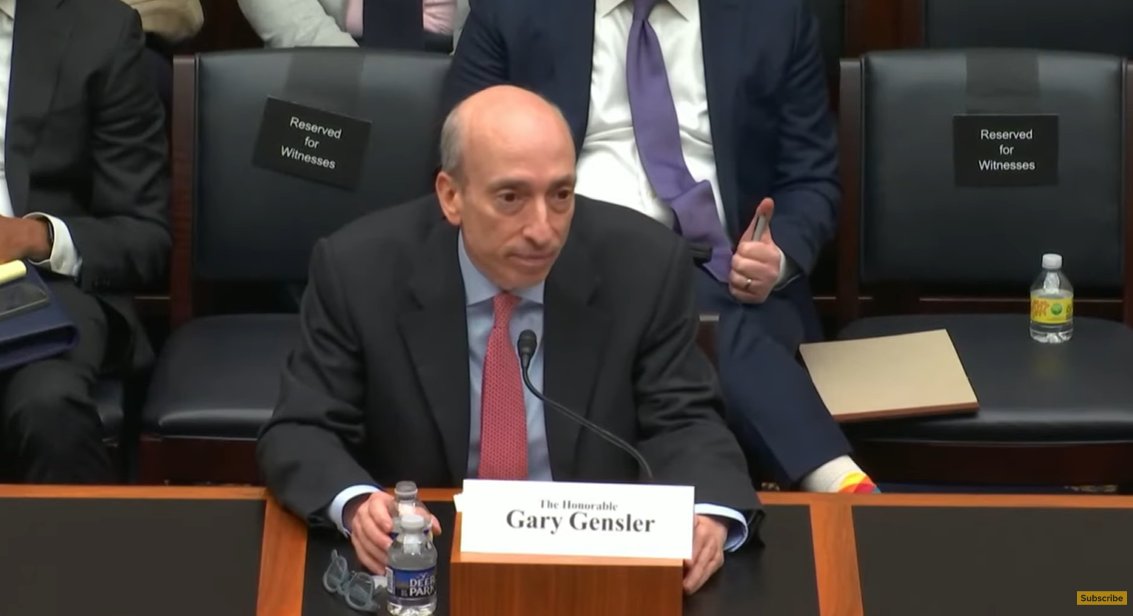The speech given by Gary Gensler, the Chairman of the Securities and Exchange Commission (SEC), prior to the 2023 Securities Enforcement Forum, has caused a stir in the crypto industry. Gensler shed light on the enforcement actions that led to the agency’s $5 billion in judgments and orders. His remarks on the cryptocurrency market sparked a debate among the crypto community on social media.
Statements from the SEC Chairman
Gensler addressed the economic aspect of the sanction actions conducted by the SEC, stating that the agency has filed over 780 enforcement cases, including more than 500 independent lawsuits, in 2023. As a result of these cases, the agency issued judgments and penalties totaling $5 billion, of which $930 million was returned to affected investors.
Gensler also mentioned that the SEC has filed lawsuits against 40 firms since December 2021 for various violations of rules and regulations, resulting in fines of over $1.5 billion. He emphasized that the SEC has resolved registration-related charges with 23 firms in the past fiscal year alone.
The SEC Chairman reiterated his stance on the cryptocurrency sector and argued that the majority of assets traded in the crypto market fall under the securities category and, therefore, should be subject to regulations. His remarks in the speech sparked discussions in various communities.

Gensler and the Cryptocurrency Market
In his explanation of the broad definition of securities, Gensler referred to the concept of investment contracts and why a significant portion of the cryptocurrency market resembles them. According to Gensler, most cryptocurrencies can pass the Howey Test for investment contracts, which could subject them to securities regulations.
Continuing his speech, Gensler drew comparisons between the current crypto ecosystem and the financial environment of the 1920s, when securities laws were not in effect. He stated that the crypto ecosystem suffered from the same issues as the financial environment back then, leading to various frauds and bankruptcies. He argued that these problems now require tighter regulations.

 Türkçe
Türkçe Español
Español










